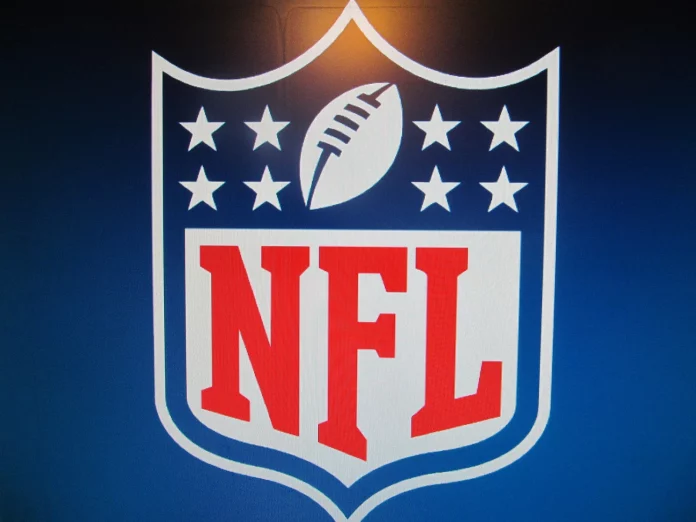By: Jim Williams
Senior Columnist – Associate Editor Capital Sports
In the early 1960s, American football wasn’t just a game—it was a media arms race. The NFL with CBS and the upstart AFL weren’t just competing on the field; they were building rival broadcast empires that would ultimately reshape sports television. The 1961 Sports Broadcasting Act gave the NFL a legal boost, but NBC’s bold partnership with the AFL ensured that both leagues had the tools to thrive—and eventually merge.
MUST READS
The NFL’s CBS Coup and the 1961 Sports Broadcasting Act
By 1961, the CBS – NFL contract was a groundbreaking deal allowing the league to televise all their games under a unified contract. This collective bargaining of broadcast rights was challenged in court as a violation of antitrust law. In response, Congress passed the Sports Broadcasting Act, which legalized the NFL’s approach and allowed professional leagues to pool their media rights.
This legislation was a game-changer. It gave the NFL the legal foundation to build a national television presence, ensuring consistent coverage and revenue across all franchises. CBS became the league’s flagship partner, and Sunday afternoons were soon dominated by NFL action.
NBC and the AFL: A Rival Network Rises
While the NFL was cozying up to CBS, the American Football League struck its own deal—with NBC. The AFL’s partnership with NBC was more than a lifeline; it was a strategic counterpunch. NBC’s national reach gave the AFL legitimacy, visibility, and the financial backing to compete with the NFL for talent and fans.
NBC’s broadcasts featured dynamic personalities and high-scoring games, helping the AFL carve out a distinct identity. The network’s investment in the league was so strong that it reportedly paid more for AFL rights than CBS did for the NFL, signaling a true media war.
The 1970 Merger: Media as the Catalyst
By the late 1960s, escalating player salaries and bidding wars made a merger inevitable. In 1970, the NFL and AFL officially combined into a single league. But the merger wasn’t just about football—it was about television.
Commissioner Pete Rozelle, a visionary with a PR background, understood that unified media rights would supercharge the league’s growth. With the CBS NFL contract covering the NFC and NBC handling the AFC, Rozelle turned to ABC to fill a new slot: prime time.
Monday Night Football: The Birth of a Broadcast Icon
Contrary to popular belief, Monday night football wasn’t a new idea. CBS and NBC had experimented with Monday night games in the 1960s, and the NFL even scheduled a non-televised Monday game in Detroit in 1964 that sold out. But it wasn’t until the merger that Rozelle had the leverage to make it a weekly event.
ABC, then lagging behind its competitors, agreed to take the gamble. Roone Arledge, ABC’s visionary sports producer, transformed the concept into a spectacle. With Howard Cosell’s brash commentary, Don Meredith’s charm, and Frank Gifford’s polish, Monday Night Football debuted in 1970 and instantly became a cultural phenomenon.
Legacy and Lessons
The NFL-AFL broadcast rivalry laid the groundwork for modern sports media. The 1961 Sports Broadcasting Act gave the NFL its legal backbone, but NBC’s investment in the AFL ensured competition—and innovation. The merger unified the product, and Monday Night Football became the crown jewel.
As Joe Browne, longtime NFL PR executive, once said: “Rozelle understood the power of television better than anyone—not just in sports, but in American culture”.







